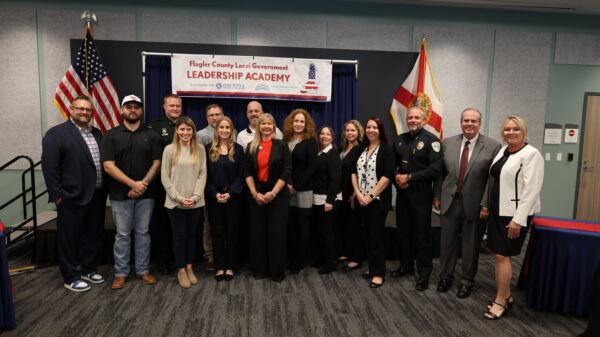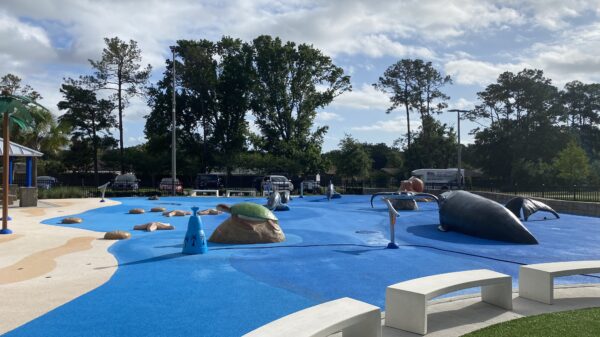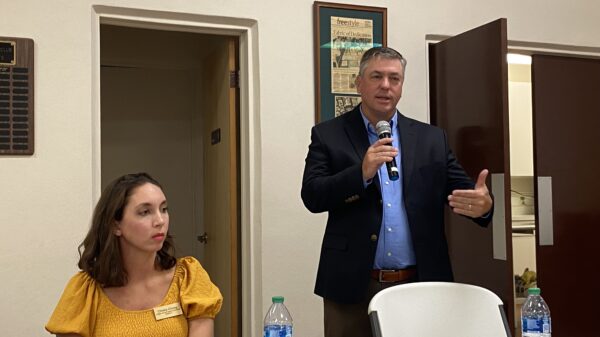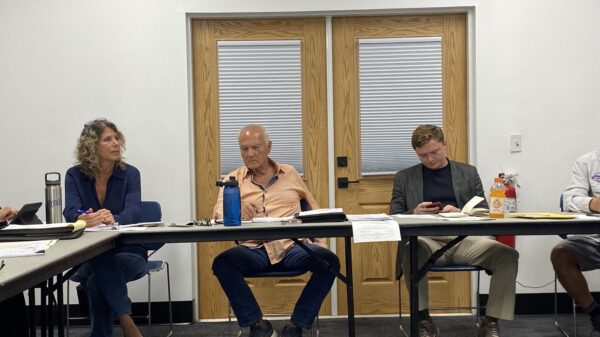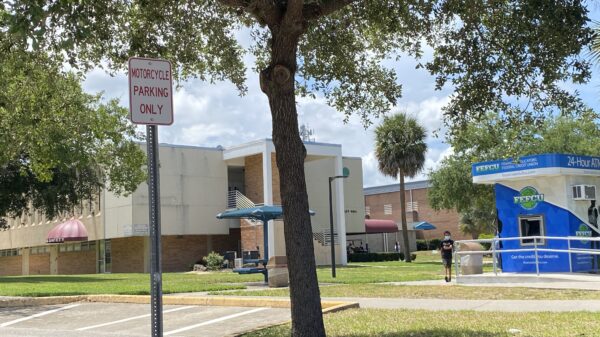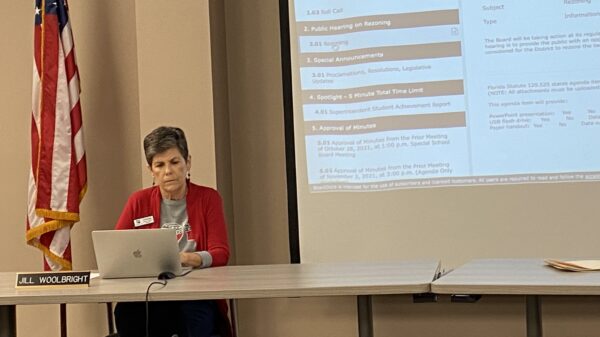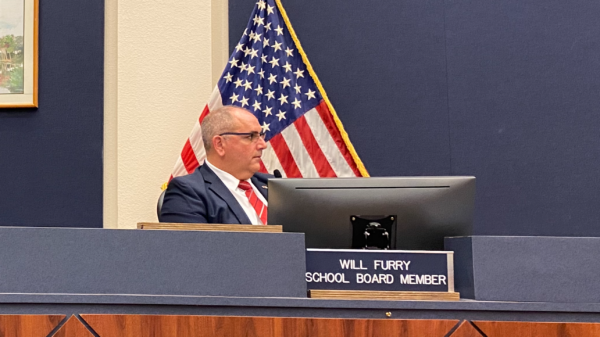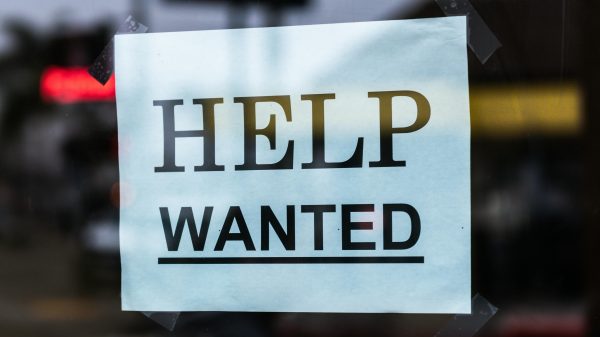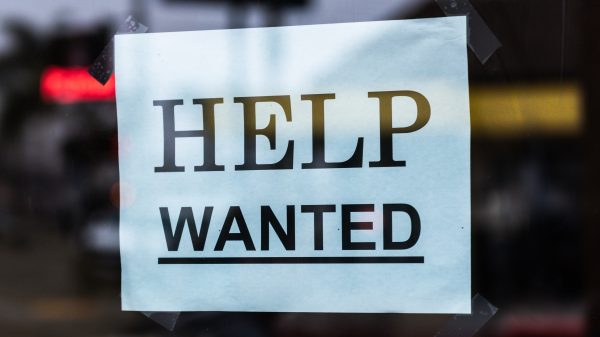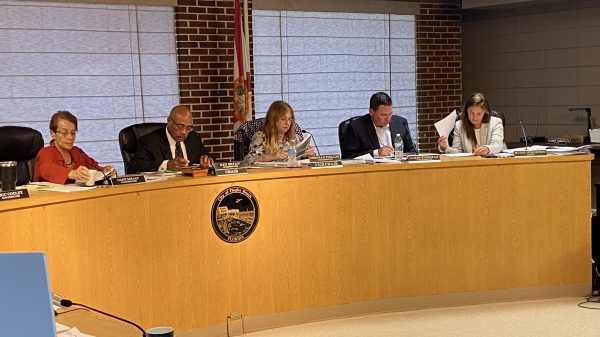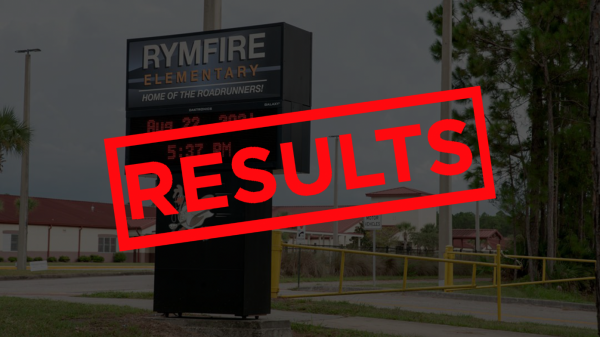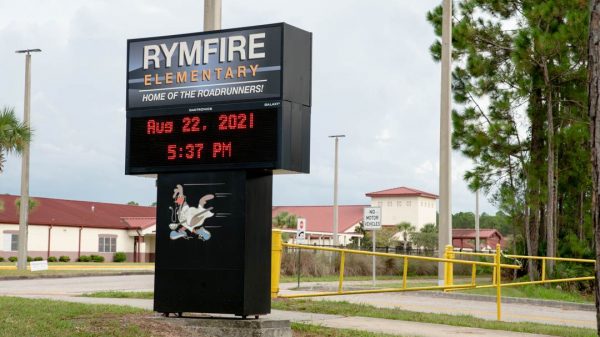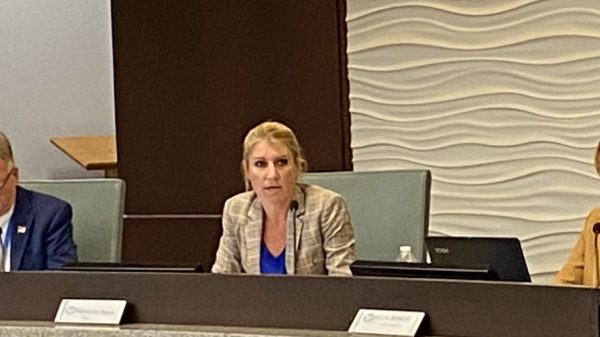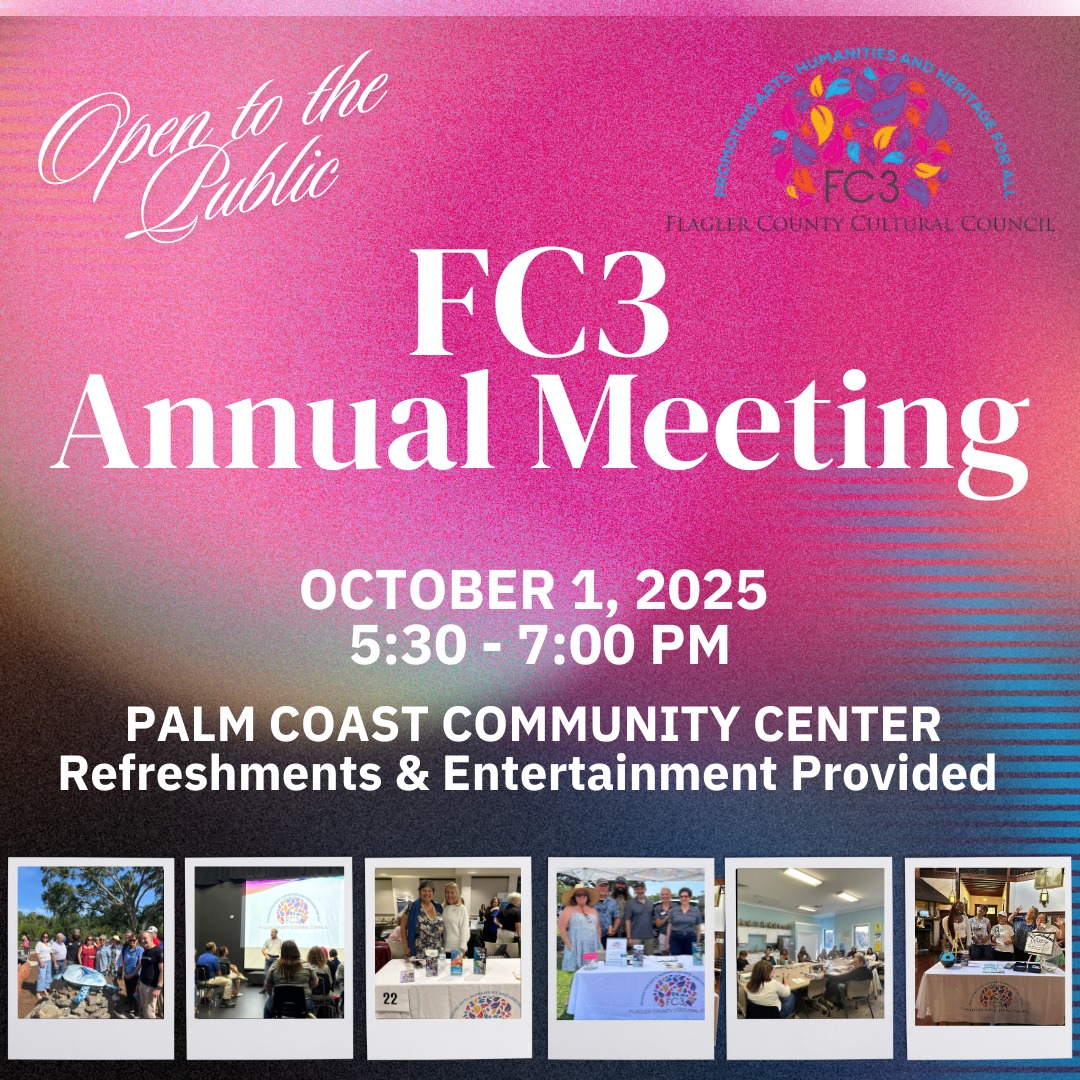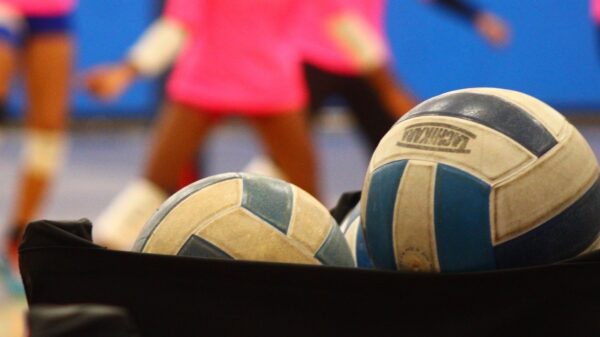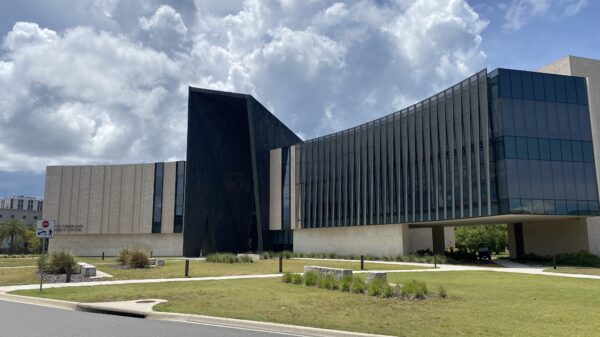Within hours of being released to the freedom of spring break, nearly 13,000 students and 2,500 faculty and staff across 10 schools learned that the 4th quarter of instruction in Flagler County classrooms would be radically different than anything ever experienced before. Amidst the chaos of turning a face-to-face curriculum into some ad hoc, Frankenstein’s monster of an online curriculum, as well as parents and guardians and students battling the uncertainty of unemployment, worrying about health, and dozens of other issues unknown to their educators, students were still learning and growing in their education and as humans, albeit not necessarily exactly as envisioned back in August. Growth and learning in the face of a global health crisis is possible–it just looks a bit different. Here are some rules to guide you through understanding what that difference is and why it’s so important:
1. Grades are not learning and tests don’t always assess the “right” things
I’m not bemoaning grades and tests–they are a vital part of what we do as educators–but, I’m also not saying that the topsy-turvy educational world of teaching during a pandemic hasn’t put into focus what really facilitates learning: creativity, play, messiness, discussion, communication, empathy, flexibility, and more of those soft, fuzzy things that are so hard to standardize. We have been given an opportunity to refocus our educational values and, as we return to a physical learning environment (whenever that will be), we should remember just how important those fuzzy things are as we re-imagine education in a post-COVID-19 world.
2. Get Comfortable with the Uncomfortable
This isn’t easy: it’s not easy for the teachers, many of whom are teaching their own children the online curriculum assigned by their teachers; it’s not easy for the students, many of whom have taken full-time work as essential employees, or are providing impromptu childcare for their siblings, all the while shouldering the responsibilities thrust upon them by their now digital husks of teachers; and it’s especially not easy for the parents and guardians who have been saddled with the additional responsibility of facilitating their children’s teachers while working remotely or figuring out how to make ends meet because of sudden unemployment among other life hurdles that the crisis has only served to amplify. This is hard! And, to top it all off we’re all collectively dealing with various levels of competence (or incompetence) from our local, state, and federal officials concerning Covid-19 and grieving those killed by the virus. This is not normal.
3. Communicate Often
We don’t know what’s going on with our students or their families unless we ask or they share; so, while it’s easy to complain, “this student hasn’t done anything all quarter,” it is vital to keep Rule 2 in mind. We must also ask ourselves why we are communicating: is it to ensure that a student earns a passing grade? Or, are we concerned about their learning and growing and reflection of their time in this crisis? In addition to communicating progress in a class, teachers are responsible for communicating the values that we hold dear–in this time of great uncertainty and crisis, those values should be their mental and physical well-being, empathy, compassion, flexibility, and those other fuzzy things from Rule 1. If students and their families are gathering from our communication that due dates and grades have more importance than the context of their various situations, we are sending the wrong message. The foundation of learning is the relationships we form with our students and their families and those relationships are only as strong as the compassion and empathy that educators supply them. We can’t know the circumstances for every family, but we can communicate our willingness to have grace.
4. Be Flexible and Understanding
Flexibility and understanding have always been hallmarks of educators, but now–more than ever–they are even more important. The fact remains that we don’t know the context and circumstance of our students and their families. Our flexibility and understanding should move us to a “no harm” grace period for our students (this is Flagler School’s official stance on 4th quarter grades). Learning cannot happen with fidelity if Maslow’s Hierarchy of Needs isn’t stable and this pandemic has shaken the foundation of the hierarchy for everyone, especially our students. This 4th quarter was, ostensibly, a test run for how schools will eventually get back to teaching and learning (and teachers, administrators, students, parents, and guardians did their best to foster teaching and learning these past nine weeks, even if it looked messy and incongruent) because we will need to increase accountability and return to more traditional grades and tests, but I hope the lessons learned this past couple of months positively impact our students and educational systems moving forward.
5. Teach Empathy and Dignity
Covid-19 didn’t create the inequities inherent in our educational system, but it certainly has amplified them. Schools are much more than places where students go to “get an education.” They are also places where students go to have a nutritious meal, to socialize with people of different cultures, to feel part of something bigger than themselves, and more. Empathy and dignity aren’t standards from the state, but they are the root of all learning, not just the learning done in the classroom. As we move forward and reimagine education after this pandemic, we must be advocates for students and families disproportionately affected by this crisis because they were just as vulnerable before it, more harrowingly vulnerable during it, and will still be vulnerable after it. Schools are the hub of the community, and there is a unique opportunity presented to us in the wake of Covid-19: how can we change our education system to be more equitable and more empathetic to all students so that every one of our Flagler Schools students feels educated and dignified? This is a very possible future, one that I hope we can work together to create.
Tom De Ceglie is a 2006 graduate of FPCHS and has been teaching for ten years, nine of those years as a Pirate at Matanzas High School.


